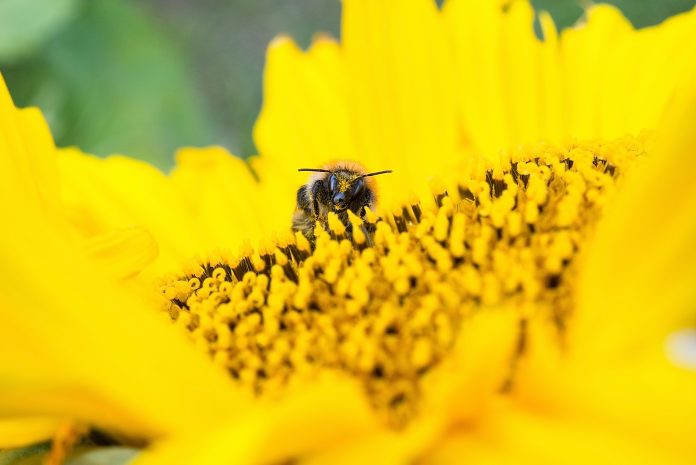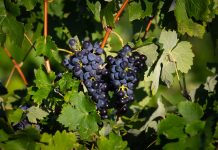According to researchers from York University, climate change and agricultural developments are responsible for a 94% loss of wild bee and native plant species networks
The researchers, corresponding author Professor Sandra Rehan of the Faculty of Science and grad student Minna Mathiasson of the University of New Hampshire, looked at plant-pollinator networks from 125 years ago through to the present day and found that about 30% of plant-pollinator networks (bees, plants or both) were completely lost. Further research found that 64% of wild bees and native plants are still present in the eco-system, but the bees no longer visit the plants.
Professor Sandra Rehan said: “There are several reasons for the losses in the networks. Climate change is likely the biggest driver. We know that over the last 100 years or so annual temperatures have changed by two and a half degrees. This is enough to alter the time when certain native plants bloom.
“For a bee that’s out for months on end or is a generalist pollinator, this isn’t such a critical mismatch, but for a bee that’s only out for two weeks of the year and only has a few floral hosts, this could be devastating.”
“We are getting a lot of invasive species and new records of invasive species every year. This is usually accidentally through trade and through ornamental plants. A lot of these bees live in stems, so it’s easy to import plants with non-native bee species without knowing it. We can actually show routes and means of invasion biology.”
The researchers say that restoring habitats and native flowering plants are critical for improving wild bee biodiversity. It is equally important for food security for humans, as it is believed that wild bees are at the top of the list to pollinate more than 87% of the crops we eat, making them worth hundreds of billions of dollars globally.
“There is an urgent need to gain a deeper understanding of the environmental circumstances affecting these wild pollinator populations and their specialised, evolutionary relationships with plant communities,” says Rehan.
“Plant pollinator webs are dependent on changes in the landscape, so knowing how these networks are shaped is important for all regional habitats.”
The research, “Wild bee declines linked to plant-pollinator network changes and plant species introductions,” was published in the journal Insect Conservation and Diversity.
Source: https://www.eurekalert.org/pub_releases/2020-07/yu-a9p071420.php











